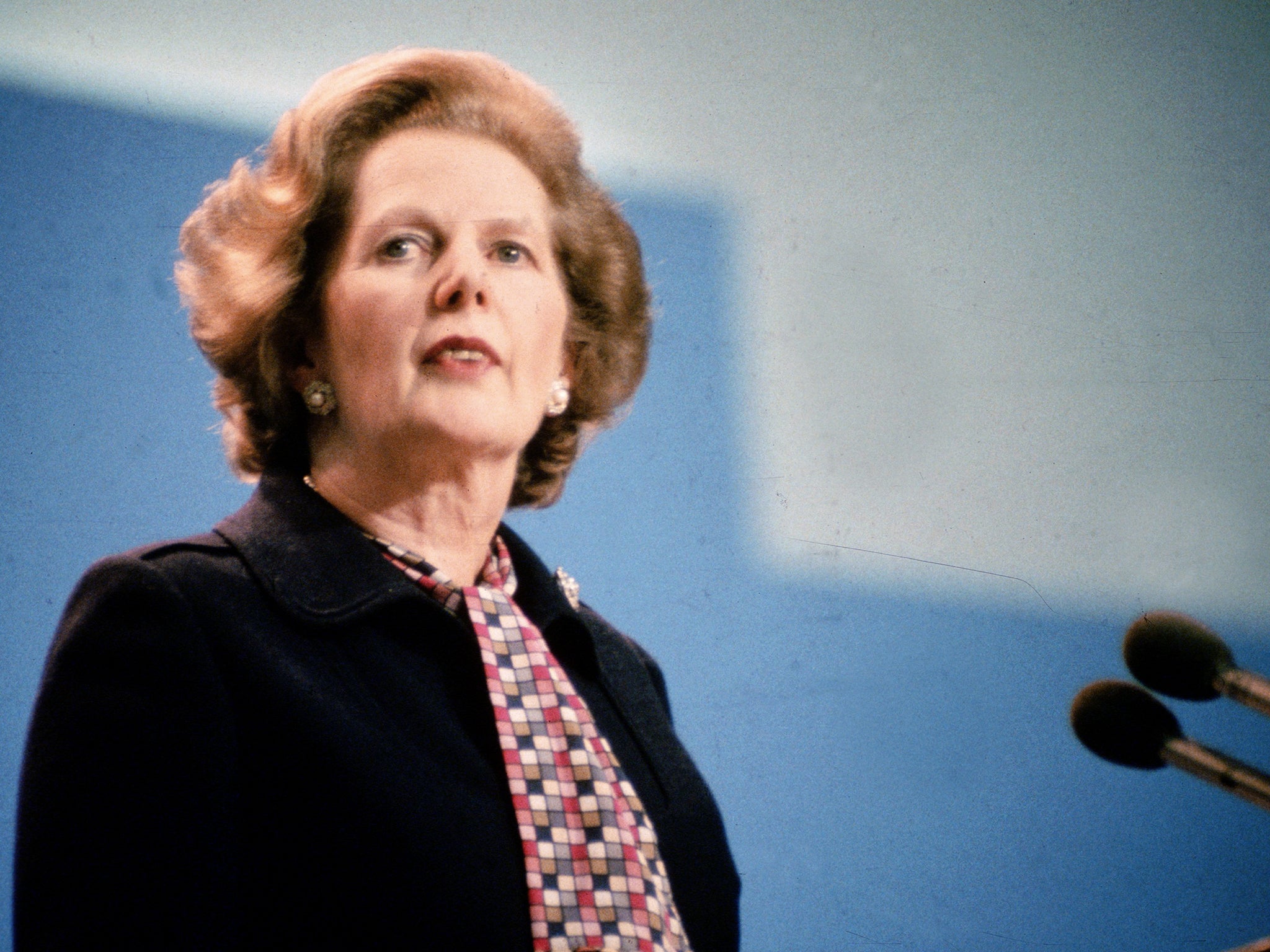Thatcher regretted snatching milk from school children for two decades
‘No – this will cause a terrible row,’ she said

Your support helps us to tell the story
From reproductive rights to climate change to Big Tech, The Independent is on the ground when the story is developing. Whether it's investigating the financials of Elon Musk's pro-Trump PAC or producing our latest documentary, 'The A Word', which shines a light on the American women fighting for reproductive rights, we know how important it is to parse out the facts from the messaging.
At such a critical moment in US history, we need reporters on the ground. Your donation allows us to keep sending journalists to speak to both sides of the story.
The Independent is trusted by Americans across the entire political spectrum. And unlike many other quality news outlets, we choose not to lock Americans out of our reporting and analysis with paywalls. We believe quality journalism should be available to everyone, paid for by those who can afford it.
Your support makes all the difference.Almost two decades after she ended free school milk Margaret Thatcher still recoiled at memory of the political storm she unleashed, newly released government files reveal.
As Education Secretary in Edward Heath’s government her decision in 1971 to stop the provision of milk for junior school pupils prompted the playground taunt “Thatcher, Thatcher, milk snatcher”.
Files released by the National Archives show that 19 years later, Thatcher – by then Prime Minister – was horrified when Health Secretary Ken Clarke proposed finally ending free milk for nursery schoolchildren as well.
“No – this will cause a terrible row – all for £4m. I know – I went through it 19 years ago,” she scrawled in a handwritten note.
“Health has enough to do to get the white paper and community proposals through. Any scheme for saving £400m or more I will look at. But not £4m.”
Thatcher was also appalled when, six years after the Falklands War, Foreign Secretary Sir Geoffrey Howe suggested he should make a courtesy call on the Argentinian foreign minister, who had just been elected President of the United Nations General Assembly.
“I utterly recoil from this, and so I think would the relatives of all those who lost their lives in the Falklands. Argentina has not announced a cessation of hostilities,” she wrote.
Her foreign policy adviser Charles Powell added: “I must say this rather sticks in my gullet. I don’t see why we have to offer to call on representatives of a country which is still technically at war with us. But perhaps I am old-fashioned.”
Join our commenting forum
Join thought-provoking conversations, follow other Independent readers and see their replies
Comments